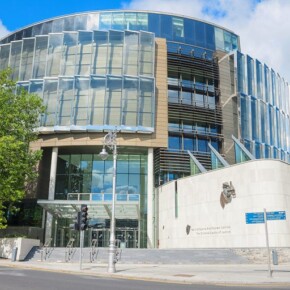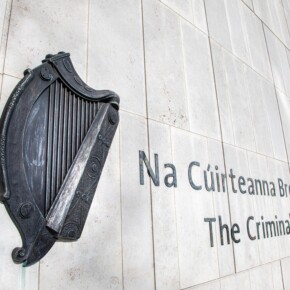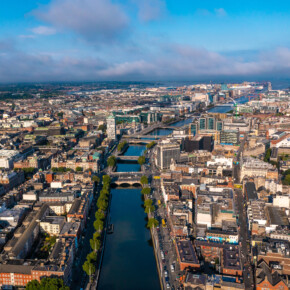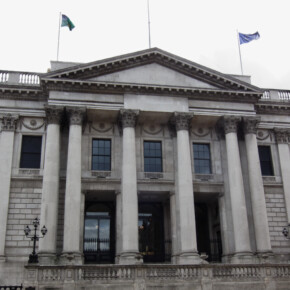Remembering Casement’s Irish Brigade
Dublin People 07 Mar 2015THERE is a long established tradition of Irish nationalists and republicans fighting as part of Irish Brigades in the ranks of foreign armies.
The Wild Geese, the United Irishmen and the Fenians all joined foreign armies to secure support for Irish Freedom.
It is not well known, however, that Roger Casement, one of the 16 republican leaders executed for their part in the 1916 Rising, attempted to revive this tradition.
Casement
‘s connection with securing arms and support from imperial Germany for the Irish Republic is well known.
His attempt to raise an Irish Brigade from the ranks of captured Prisoners of War (POW) in Germany, however, has been largely overlooked. Inspired by Major John MacBride’s Irish Transvaal Brigade, which fought against the British in the Boer War, Casement attempted to recruit a military brigade from amongst Irishmen captured by Germany that would be trained to fight for Irish Freedom.
Casement’s mission to Germany had the support of the Irish Republican Brotherhood and Clann na Gael, its powerful sister organisation in America. On the outbreak of the European war, Casement’s travelled to Berlin. His secret journey to Germany via America, was arranged through his IRB/Clann na Gael contacts.
While the German response to the cause of Irish Independence seems to have been lukewarm, they agreed to send a consignment of arms to Ireland and agreed to the formation of Casement’s Irish Brigade.
In December 1914, Casement signed an agreement with the German Secretary of State that authorised the establishment of the Brigade. This agreement enshrined that the sole purpose of the brigade was to win independence for Ireland. Its officers were to be Irishmen, trained and supplied with arms by the German Government. The brigade was to have its own uniform with special insignia combining the harp and the shamrock. Casement now had the difficult job of attempting to convince soldiers who had volunteered to fight in the British Army to change sides and fight for Irish Freedom.
Casement wasn’t alone in this work. The IRB had appointed Joseph Plunkett, later a member of the provisional Government and a signatory of the Proclamation, to oversee the mission in Germany. Plunkett played an important part in this recruitment work. Under the agreement, Irish soldiers were separated from the rest of the POWs and transferred to a training camp at Limburg where they were to be treated as
‘friends of the German people’.
Many British Army officers and Non-Commissioned Officers (NCO) were extremely hostile to the idea of an Irish Brigade.
As a result, recruitment was a difficult process but the republicans soon managed to recruit almost 60 soldiers to the brigade.
To avoid the negative influence of those who remained loyal to Britain, the republicans arranged to have their recruits moved to a new barracks at Zossen.
The Brigade was attached to Germany’s 203rd Regiment and was organised into 10 machine gun teams.
Around this time Plunkett left Germany to report the progress being made to the IRB and Captain Robert Montieth of the Irish Volunteers arrived from Dublin to oversee training.
Despite this initial progress made of Brigade, the promise of more recruits from Irish America and the overall potential of the mission, Casement’s plan for an expeditionary force ended in disaster. The Germans failed to take the brigade and the fight for Irish Independence seriously.
While they were prepared to let Casement continue his work they would offer little or no support.
In the end, the brigade was never called into action for Ireland, and Casement and Montieth returned to Ireland onboard a German submarine and were captured shortly after.











